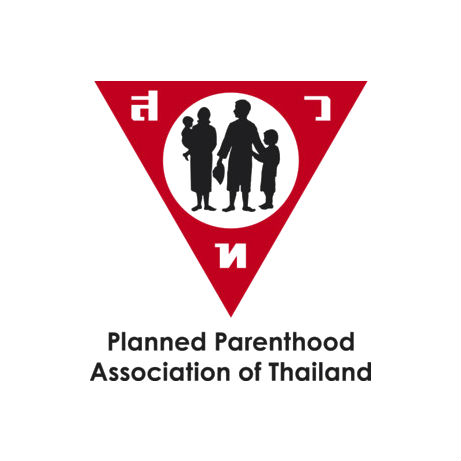

| 31 March 2016
Planned Parenthood Association of Thailand
The Planned Parenthood Association of Thailand (PPAT) supports the National Family Planning Programme by organizing countrywide educational and motivational activities, and by delivering contraceptive services to special target groups/geographic areas including slum dwellers, the population along the Thai-Cambodia border, and northern hill tribes. With the help of Muslim leaders and the support of grassroots volunteers, PPAT has been highly successful in promoting family planning among the marginalized Muslim community in Thailand's 4 southern-most provinces. It has also undertaken individual projects tailored to the needs of prisoners and fishermen. PPAT’s approach to sexual and reproductive health (SRH) promotion has been innovative, and in many cases, the organization’s models have been replicated by government departments and have been sustained with dedicated public funds. PPAT runs a strong programme of information, education and communication (IEC) via radio and television broadcasts on family planning, sexually transmitted infections (STIs), reproductive health and environmental issues. These are estimated to have reached over 10 million people across the country. The organization operates through over 1,900 distinct service points. These include 15 permanent clinics and 8 mobile units, and a network of hundreds of community-based distributors/community-based services (CBDs/CBSs). As the statistics show, Thailand still faces a number of challenges, particularly in relation to maternal and child mortality. But with a confident and active Member Association on hand, the prospects for continued improvement are strong. Contacts Facebook: https://www.facebook.com/pages/The-Planned-Parenthood-Association-of-Thailand-PPAT Twitter: https://twitter.com/PPATFANCLUB

| 31 March 2016
Fianakaviana Sambatra - Madagascar Association
Relative to much of Africa, Madagascar has high levels of contraceptive use, but high birth rates coupled with endemic poverty and limited government-led sexual and reproductive health (SRH) provision mean that child mortality and maternal death figures are high. Fianakaviana Sambatra (FISA) has been fighting since 1967 to improve the nation’s SRH through advocacy, education and direct service provision. Currently, it runs 67 service points, including: 11 permanent clinics, 3 mobile units and 12 community-based services (CBSs), across 6 of the country’s regions. FISA works with 5 associated clinics and 29 private practitioners. FISA has 70 full-time staff, 184 peer educators, and a youth action movement made up of 42 members. FISA delivers a wide range of services: family planning, prevention and management of HIV and AIDS and the provision and dissemination of comprehensive SRH materials. FISA has used its on-the-ground experience to advise government on national SRH policy. It has partnered with the Ministry of Health, Family Planning and Social Protection, and the Ministry of Youth to advocate for a concerted approach to resolving the critical SRH issues currently facing the country. At the same time, it works with non-governmental organizations (NGOs) such as Marie Stopes International, and the ASSONG coalition of NGOs. FISA receives financial support from UNFPA, the Big Lottery Fund, Amélioration de la Qualité De Services, the EU and IPPF’s Japan Trust Fund. It’s also closely connected to other organizations promoting SRH rights across the country and the region.







